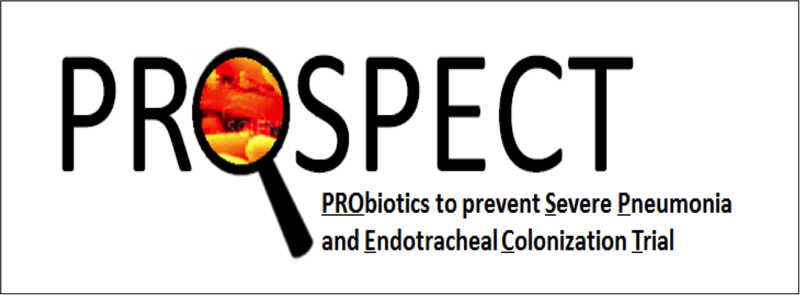Background
Despite the strong signal from RCTs showing that probiotics decrease infections in general, and VAP in particular [Petrof 2012], the potential mechanisms of this effect during critical illness remain incompletely understood. One group of trialists have partnered with translational biologists to examine how the effect of probiotics might be mediated [Tan 2011]. In this RCT of 52 severely brain-injured patients, those receiving an ingested probiotic mixture containing 0.5x108Bifidobacterium longum, 0.5x107Lactobacillus bulgaricus and 0.5x107Streptococcus thermophilus (Golden Bifid) had increased serum cytokine levels associated with pro-inflammatory Th1 response (IL-12p70 and IFNγ) and decreased serum cytokine levels associated with the anti-inflammatory Th2 response (IL-4 and IL-10) compared to the placebo group [Tan 2011]. A suppressed Th1 response is associated with higher risk of infectious complications in critically ill brain injured patients; authors hypothesized that probiotics may prevent Th1 suppression [Meisel 2005].
Another possible mechanism for the clinical effect of probiotics is maintenance of the endogenous gastrointestinal (GI) tract flora, which inhibit gut colonization with exogenous pathogenic microorganisms by competition for epithelial binding sites and luminal nutrients, support of intraepithelial immune defenses, and production and release of specific antibacterial factors [Marshall 1999]. Intact endogenous flora is necessary for normal development of small bowel epithelium microvasculature [Stappenback 2002] and for maturation of the gut-associated lymphoid tissues [Tanoue 2012]. Enhanced physical and immunological barrier function and a reduced pathogenic bacterial load may reduce bacterial translocation from the gut lumen into regional lymphatic tissues or portal veins, further reducing nosocomial infection risk [Brenchley 2012]. Finally, the GI tract harbours up to 25 grams of bacterial lipopolysaccharide or endotoxin; augmented gut barrier function with probiotics may reduce GI absorption of endotoxin.
The PROSPECT Pilot Trial afforded an excellent opportunity for a parallel mechanistic investigation to better understand how and why probiotics may exert their effect in critical illness. The PROSPECT Pilot Mechanistic Substudy investigated the microbiologic and immunologic effects of orally ingested L. rhamnosus GG on lower respiratory tract and lower GI colonization with potential pathogens, and the effect on endotoxin levels, using endotracheal aspirates, stool and whole blood from patients in the clinical PROSPECT Pilot Trial.
Methods
In the 3 participating Hamilton ICUs, endotracheal aspirates, nasogastric aspirates, stool and whole blood were collected at baseline, and each Monday, Wednesday and Friday while PROSPECT Pilot patients were in the ICU.
DNA extraction of endotracheal aspirates, nasogastric aspirates and stool was done using a modified enzymatic lysis, bead beating and phenol:choloroform extraction protocol [Sibley 2011, Human Microbiome Consortium]. DNA was stored at -70°C until ready for amplification and sequencing.
Endotoxin was measured on whole-blood by Endotoxin Activity Assay (EAA) kits (Spectral Diagnostics Inc.) using a murine IgM monoclonal antibody raised against the lipid A of Escherichia coli J5 [Marshall 2004].

